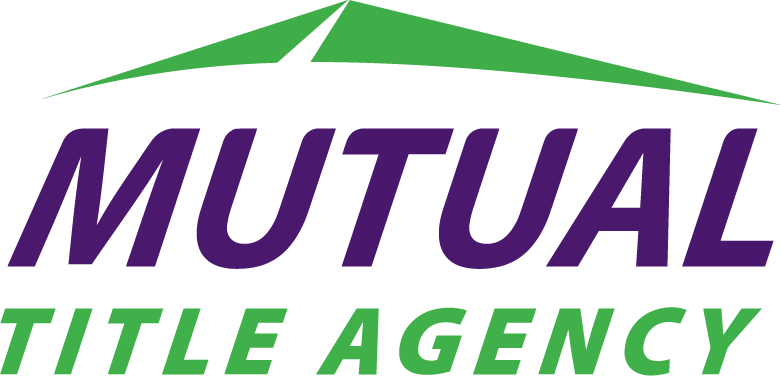
So, you’ve found your dream home and the seller has accepted your offer. Now, you just need to close the transaction.
Closing your real estate transaction is basically the investigation or actions taken by a title agent or title attorney before the issuance of the title policy. But what actually happens between contract and closing?
Whether your closing is handled by an attorney, escrow or title company, there are five steps to every real estate transaction:
1. Starting the Process
The sales contract you and the seller signed is delivered to the closing agent with a deposit check. is accepted by the escrow agent with a written notation on the contract. The escrow agent also opens a title order to begin the closing process. As the file is processed, loan payoffs, tax information, homeowner/maintenance fees, insurances, inspections/reports and legal papers are ordered. A title search is ordered last.
2. Title Search and Examination
All public records will be searched, including deeds, mortgages, liens, paving assessments, wills, divorce settlements and other documents affecting title to the property. This process verifies the property’s legal owner and that the debts owed against the property have been resolved. Once the research is completed, a title commitment/preliminary report is prepared, reviewed and sent to parties involved in the transaction.
3. Document Preparation/Request to Produce
The closing agent reviews legal and loan documents, as well as instructions and requirements from the new lender and other parties to the transaction. The agent then assembles charges, prepares closing statements and schedules the closing.
4. Settlement/Closing the Transaction
The escrow or settlement agent oversees closing of the transaction. The seller signs the deed and closing affidavit. The buyer signs the new note and mortgage. The old loan is then paid off. The seller, real estate agents, attorneys and other parties present at the closing of the transaction are paid.
5. Post-Closing
Upon completion of the signing, the escrow or settlement agent will forward payment to any prior lender and pay all parties who performed services in connection to your closing. The transaction documents are recorded in the county in which the property is located. Title insurance policies are then sent to you and the new lender. This final step happens without any action from you or the seller.
We hope you now have a better understanding of the steps taken when closing your home. Please contact Mutual Title with any additional questions or assistance!
